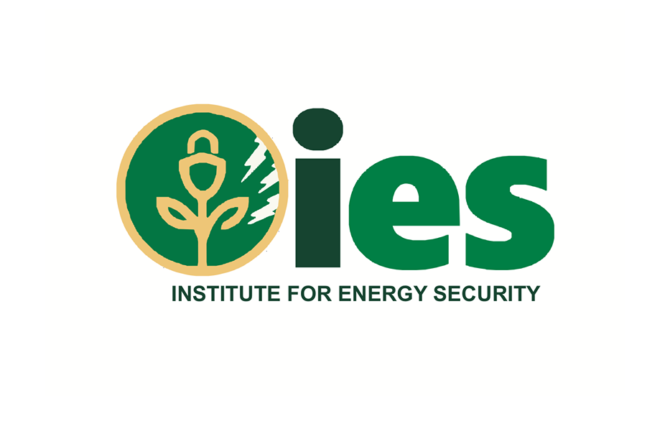The Institute of Energy Securities wants government to consider revising its decision to put a freeze on discussions and issuance of licenses to new Independent Power Producers including renewables that are cheaper and more environmentally friendly.
According to the IES, a revision of the decision is necessary because it has stalled many renewable power project, some of which has secured all the technical permits from the relevant government and district agencies.
It said in a statement in reaction to President Akufo-Addo’s assertion that he will ensure 100% electricity coverage in the country by the end of his second term.
“Though the IES is pleased with government's renewed resolve to act on this mandate, it remains cautious in hope as recent history does not instill confidence. The IES as a result entreats the appropriate authorities to make the necessary investments and regulatory mechanisms to ensure a fulfilment of the promise.”
It further said “a revision of the decision is necessary because it has stalled many renewable power project, some of which has secured all the technical permits from the relevant government and district agencies.”
Growth of country’s electricity access slows
The annual growth rate for electricity access stood at 2.2% from 2000 to 2010 with national electricity access reaching 67% of the entire country.
From 2010 to 2016, Ghana’s electricity access had an annual growth rate of 2.7% extending electricity national access to 83% of the country.
However, the country from 2016-2020 has experienced the lowest growth in electricity access over the last two decades. The annual electricity access growth the last 4 years stands roughly at 0.6%, bringing the national electricity access to just above 85%.
This slow pace of growth from 2017 to 2020 the IES said resulted in the extension of the target date for the universal electrification to 2025.
With the current target in mind, it said the government must work to increase electricity access by at least 3.5% annually from now, up on to 2025.
“The growth must also be with the renewable energy sources as towns without electricity are in difficult-to-reach areas, mainly lakesides and islands. Government must ramp up its renewable energy drive from the current 1 percent in the national electricity mix to the 10 percent target from the Renewable Energy Act 2011 if it is certain on this task.”
With the increase in the Ghanaian population and the current need for economic growth, the IES explained that the prospect of universal electrification access is key in boosting confidence in the local markets especially in the many people without access to electricity as that will make them viable markets for industries to reach.
Latest Stories
-
Aviation Social Centre packed as UCL Finale kicks off at Hitz FM’s Rep Ur Jersey
1 hour -
Photos: Fans win big at ‘Rep Ur Jersey’ as sponsors reward game participants with exciting prizes
2 hours -
Australia to increase contribution to UN Peacebuilding Fund to $15m annually – High Commissioner
2 hours -
Dr. Angela Dwamena-Aboagye named MTN Hero of Change for championing women and children’s rights
2 hours -
From Morocco to Botswana – Africans turn to trusted media and experts for climate change information
2 hours -
Mahama announces Labour Export Programme
2 hours -
Prof. Peter Atudiwe Atupare appointed Dean of University of Ghana School of Law
3 hours -
Goldbod is already doing wonders – Mahama praises CEO Sammy Gyamfi
3 hours -
Mahama promises attractive cocoa price in August, pledges 200,000 hectare boost to sector
3 hours -
UHAS Council Chairman Prof. Kodzo Gavua urges graduates to serve with passion, integrity, and innovation
5 hours -
Dr. Charisa Ogbogbo becomes first female professor in Mathematical Sciences at UG
5 hours -
Communication Ministry assures data price cuts as TELCOS prepare to reduce costs soon
5 hours -
Fans battle it out in FIFA, Basketball, and Gala at Hitz FM’s ‘Rep Ur Jersey’
5 hours -
Suspended CJ’s affidavit facetious and unnecessary – Dafeamekpor
6 hours -
Dafeamekpor, Kabila clash over past comments on Woyome case and Wontumi arrest
7 hours

